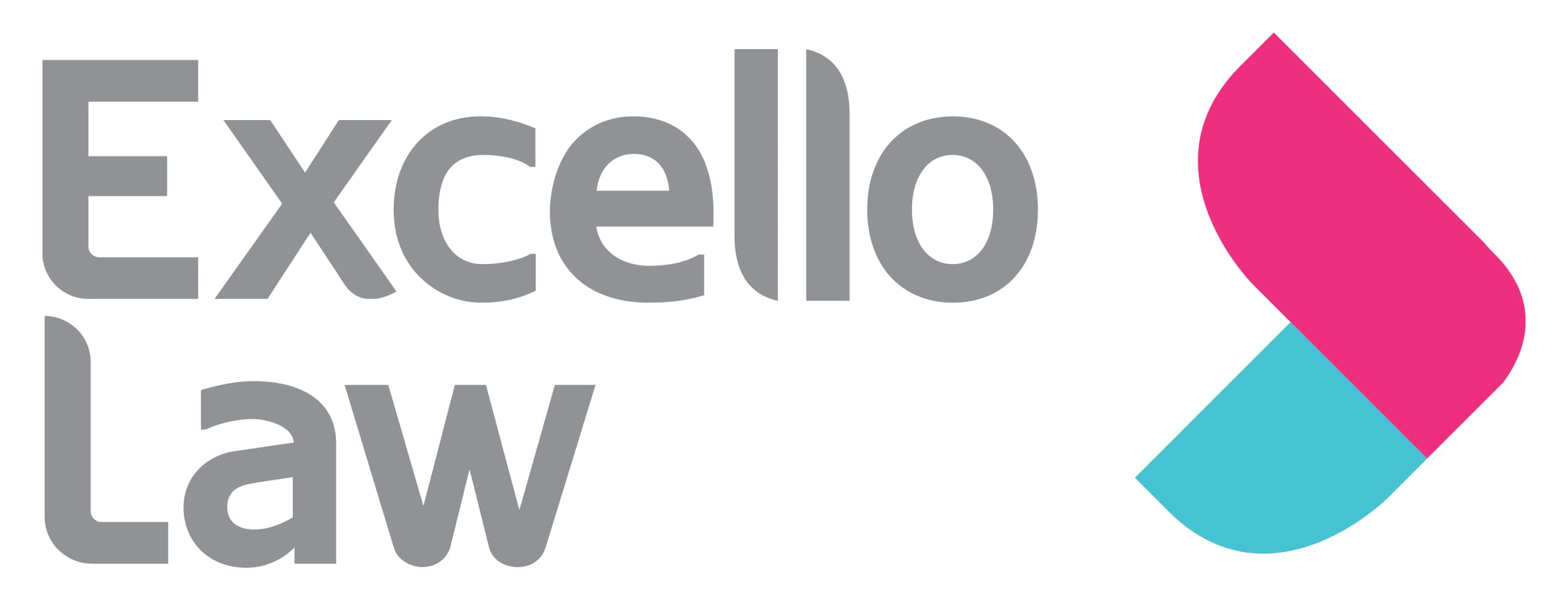Call us now on
0207 374 6546
mob: 07809 694 400 e: hina@partnerslaw.co.uk
Call us now on
0207 374 6546
mob: 07809 694 400 e: hina@partnerslaw.co.uk
An employee will be entitled to statutory maternity pay (SMP) if:
(Section 164, SSCBA and Regulation 22, SMP Regulations.)
Non-eligible individuals may qualify for Maternity Allowance (MA).
Individuals who do not qualify for SMP (for example, because they have left work before qualifying for SMP, have insufficient earnings or continuity of service, or are self-employed) may qualify for MA, which is a social security benefit paid by Jobcentre Plus.
A lower rate of maternity allowance is available to the unpaid spouses or civil partners of self-employed earners.
Who is an employee?
"Employee" for SMP purposes is wider than the standard ERA 1996 definition. It includes office-holders (such as company directors) whose earnings are taxed in the same way as employees (section 171(1), SSCBA) and Crown servants (section 169, SSCBA). It also includes anyone who is an "employed earner" for NICs purposes, such as agency workers other than models and homeworkers.
An employment business will therefore be liable to pay any SMP in respect of agency workers supplied by it. This does not necessarily mean that all agency workers who are employed earners are entitled to maternity leave, which is only guaranteed to employees as defined in the ERA 1996.
There may be a contractual right to maternity leave in the worker's contract. If not, she will qualify for SMP from the employment business if she stops working at the relevant time, having given the relevant notifications.
Call us now on
 Partners Employment Lawyers is not a firm of solicitors. Members of Partners Employment Lawyers are consultants at Excello Law Limited and legal services are provided by Excello Law Limited which is authorised and regulated by the Solicitors Regulation Authority under SRA number 652733.
Partners Employment Lawyers is not a firm of solicitors. Members of Partners Employment Lawyers are consultants at Excello Law Limited and legal services are provided by Excello Law Limited which is authorised and regulated by the Solicitors Regulation Authority under SRA number 652733.
Privacy policy | Cookie Policy | Complaints policy | Employment Tribunal pricing